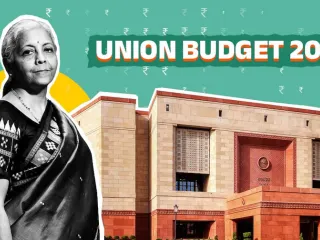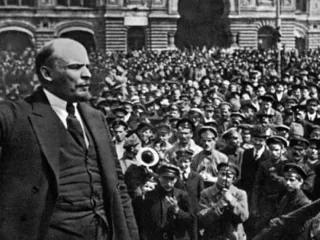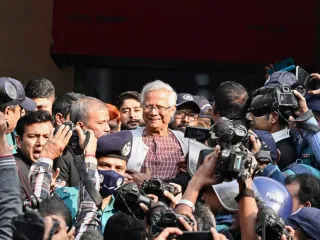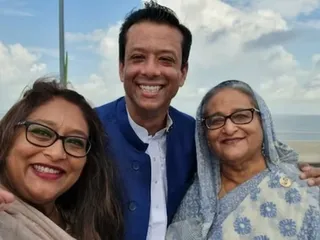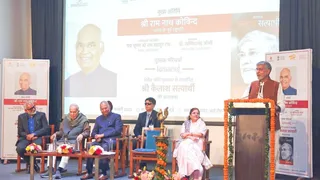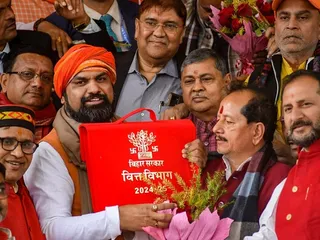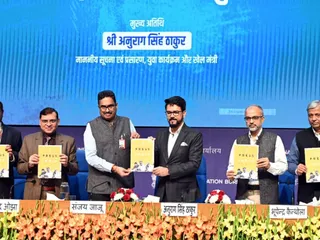Ishwar Chandra Vidyasagar (1820-1891) stands as a towering figure in the history of 19th-century Bengal, renowned for his unwavering dedication to social reform and the advancement of education. Born in a humble family in a small village, his exceptional intellect and unwavering commitment propelled him to become a leading scholar, educator, and social reformer, leaving an indelible mark on Bengali society and beyond.
Vidyasagar's academic brilliance was evident from a young age. He mastered Sanskrit and Bengali literature, demonstrating an unparalleled grasp of classical learning. His prodigious memory and sharp intellect earned him recognition, culminating in his appointment as a professor of Sanskrit at the Sanskrit College in Calcutta. He significantly contributed to simplifying Sanskrit grammar, making it more accessible to students. His simplification of the Sanskrit text, 'Betal Panchavimshati,' is a testament to his commitment to making education more inclusive.
Beyond his academic pursuits, Vidyasagar's legacy is inextricably linked to his pioneering efforts in social reform. He championed the cause of widow remarriage, a deeply controversial issue in 19th-century India. The prevailing social norms condemned widows to lives of isolation and hardship, often resulting in immense suffering. Vidyasagar, through his eloquent arguments and unwavering advocacy, played a crucial role in challenging these customs and advocating for the legal recognition of widow remarriage. He tirelessly campaigned for legislative reforms, culminating in the passing of the Widow Remarriage Act of 1856, a landmark achievement that offered widows a chance at a new life.
Vidyasagar's commitment to women's empowerment extended beyond widow remarriage. He was a staunch advocate for girls' education, recognizing its transformative power. He actively worked towards establishing schools for girls, challenging the deeply entrenched patriarchal norms that restricted women's access to education. He believed that education was essential for women's empowerment and societal progress, and his efforts significantly contributed to improving the literacy rate among women in Bengal.
His contribution to education reform was monumental. He played a vital role in modernizing the Bengali education system, advocating for the introduction of English and Western learning methods alongside traditional subjects. He believed in a balanced approach, embracing both the richness of classical learning and the benefits of modern knowledge. He spearheaded initiatives to improve the quality of education at all levels, advocating for a system that was both accessible and relevant to the needs of the people.
Ishwar Chandra Vidyasagar's influence extended far beyond his lifetime. His unwavering commitment to social justice, education, and the betterment of society continues to inspire generations. He serves as a powerful symbol of social reform and a reminder of the transformative power of education and unwavering conviction. His life and work stand as a testament to the enduring impact of a single individual who dedicated himself to uplifting the lives of others and shaping a more just and equitable society.









